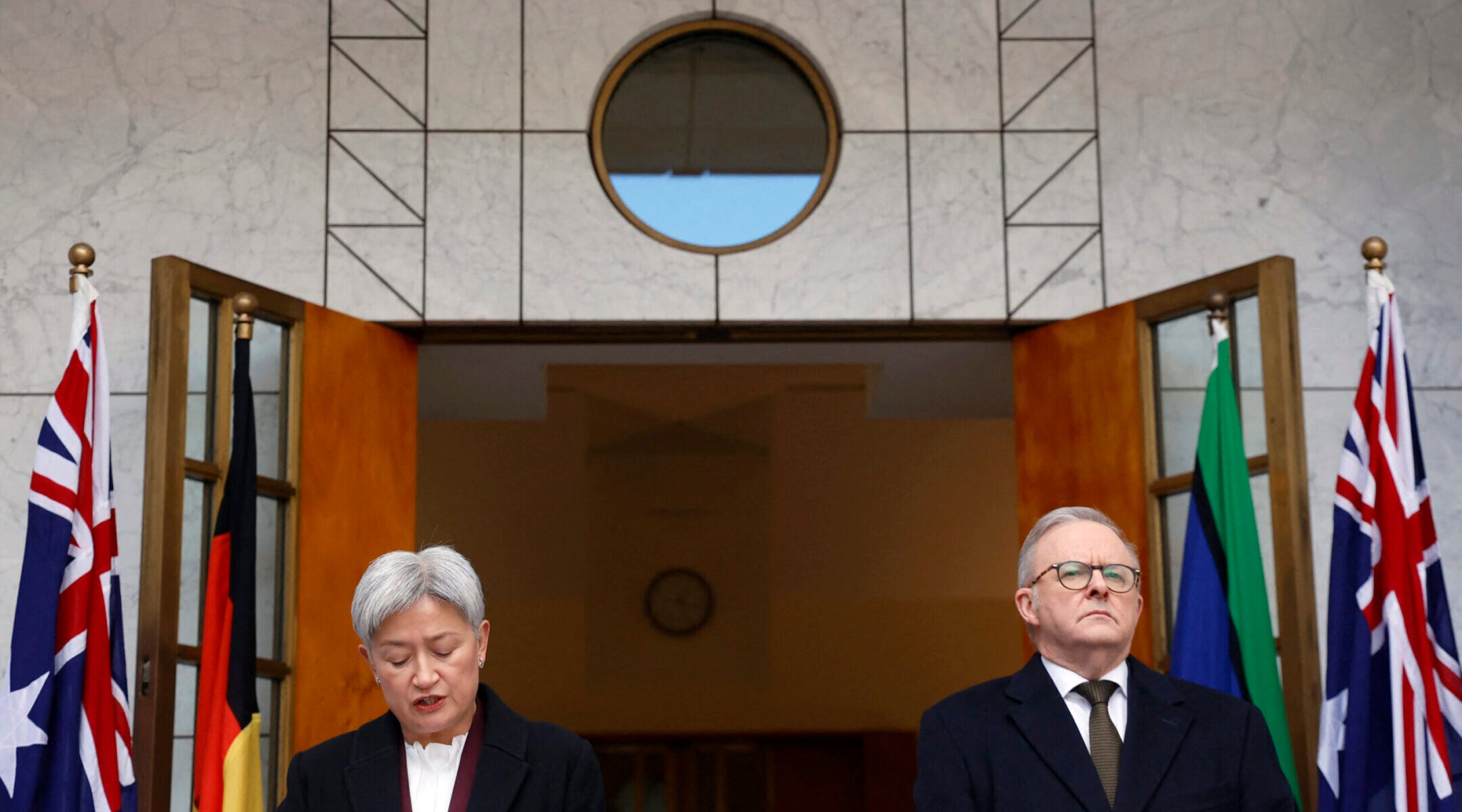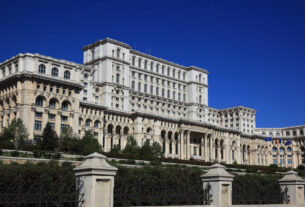Less than two weeks ago, Australian Prime Minister Anthony Albanese said his country’s recognition of a Palestinian state was a matter of “when, not if” but that he had no imminent plans to take such a step.
That changed on Monday, when Albanese announced that he plans to join France, the United Kingdom and Canada in recognizing a Palestinian state at next month’s U.N. General Assembly in New York City.
“The world cannot wait for success to be guaranteed. That only means waiting for a day that will never come,” Albanese said at a press conference alongside Foreign Minister Penny Wong. “There is a moment of opportunity here, and Australia will work with the international community to seize it.”
Major Western countries have historically been hesitant to recognize a Palestinian state without an agreement between Israel and Palestinian leaders. But they have changed course this month amid increasing pressure at home over the war in Gaza, a breakdown of talks between Israel and Hamas, and a mounting understanding that the United States is no longer pressing for an Israeli-Palestinian peace.
A coordinated effort at moving forward without the United States or Israel has been driven in large part by British officials, The New York Times reported this weekend.
Like his counterparts in the U.K. and Canada, Albanese indicated that recognition would be contingent on several conditions, including the Palestinian Authority agreeing to hold elections for the first time in decades.
Albanese said he had informed Israeli Prime Minister Benjamin Netanyahu, who opposes Palestinian statehood and rejects contemporary calls for unilateral recognition as rewarding terrorism, about his intention last week.
Israel’s ambassador to Australia, Assaf Maimon, panned Albanese’s announcement in a statement.
“Only days ago, Prime Minister Albanese set clear conditions for recognising a Palestinian state, renouncing violence, freeing hostages, and establishing credible, accountable governance,” he said. “Today, however, the Australian government has abandoned those conditions.”
The Executive Council of Australian Jewry noted in a statement that Albanese’s announcement called for the release of Israeli hostages in Gaza, the disarmament of Hamas and the recognition of Israel by a future Palestinian state but said it nonetheless was problematic.
“The major flaw in the announcement is that it relegates all of these conditions to the status of a mere promise to be fulfilled at some future time, and says nothing about what will happen if those conditions are not met,” the group said. It added that it was not surprised by Albanese’s announcement.
New Zealand could join the growing number of countries making the largely symbolic recognition in September. Foreign Minister Winston Peters said on Monday that the country intended to make a decision in advance of the U.N. General Assembly and called recognition a matter of “when, not if” for New Zealand.
Keep Jewish Stories in Focus.
JR has documented Jewish history in real-time for over a century. Keep our journalism strong by joining us in supporting independent, award-winning reporting.




